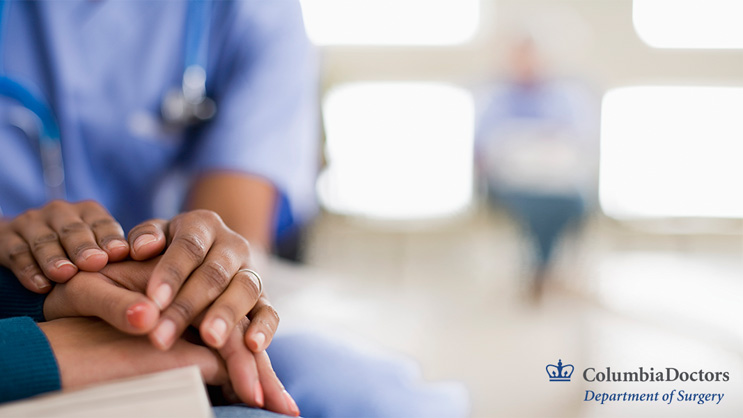A diagnosis of pancreatic cancer can make one feel alone. The very gravity of the disease bears a tremendous emotional burden, while the actual disease can wear one down physically. It's common for patients to be aware of how or what can be done for the treatment of the disease, whether it's chemotherapy, radiation, surgery, and/or immunotherapy. Many times though, patients are completely unaware of any available psychological or emotional support that may be available to them. Because let's face it, cancer affects more than someone's physical health, it affects their emotional, mental, and spiritual well-being. If one is lucky enough to have family or close friends as a support system, he/she can turn to them for an open ear, a loving embrace, or some sound advice. But sometimes, this is not a possibility — and even more so, sometimes this is not enough.
Chronic illness has the tendency to cause an individual to retract — to pull their thoughts, emotions, and energy within themselves. I have seen relatives shrouded by a veil of isolation, too stubborn and vulnerable to let anyone in. When this happens, the best thing to do is to fight this urge; swim against the current however strong it may be, and reach out for a helping hand. It is for this reason that we have a Pancreatic Cancer Support group for our patients. This group, comprised of patients, families, and friends, provides a foundation of compassion, empathy, understanding, patience, and most importantly, love. The best thing about a support group is that you get what you want out of it; if you want to put more energy and time into the group, you will receive even more in return. If you are just looking for some advice on how to deal with chemotherapy, you can ask just that question. But as with any aspect of love, the more you give, the more you get in return:
- As a family member or friend, there are a number of things you can get from a support group. If you are having trouble coping with the day-to-day effects of cancer, there are group members who have been living with this diagnosis for several years, and can offer pieces of advice on how to deal with the diagnosed family member. They may tell you little tips or tricks they have picked up, a good book to read that may lift your spirits, a comprehensive meal plan that is good for chemotherapy, or perhaps just to treat yourself to one present each day.
- As a patient, you can draw confidence, hope, and compassion from those around you. Hearing various stories may shed light on the small blessings of your life, or may provide you with a lifelong friend that you can lean on and go to for advice and love.
- Whether you are a friend, family member, or patient, you can listen to others' stories and share some of their wisdom, as well as their empathy and love. In fact, one of the best things you can draw from this program is laughter. Even one hour of laughter can pull back the veil of loneliness and let some light in. It happens to be one of the easiest and cheapest medicines.
Perhaps the best part of the program is not getting compassion or support from others, but to give help to those who need it more than you. Giving someone an ounce of confidence or sharing some compassion for their situation grounds them and brings them back to reality. Being someone's source of laughter, wisdom, or shoulder to lean on can give you a higher purpose outside of yourself. It can pull you out of your depths of "self" and let you share some of the love than can be found in empathetic support. The greatest gift we can give as humans is love, and that starts with reaching out to someone who needs it.

